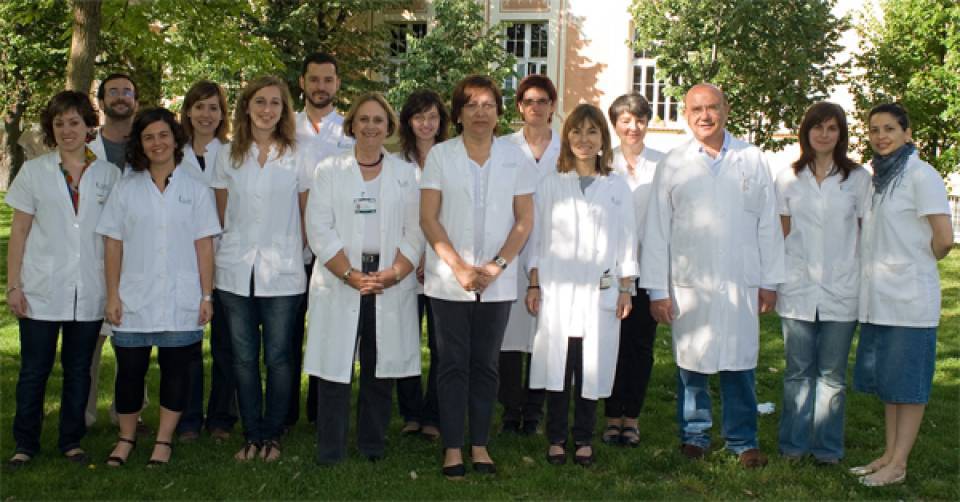The gene NFU1, that codifies a protein containing iron-sulfur clusters, is believed to be involved in the biosynthesis of lipoic acid. This involvement was suggested and later demonstrated by the biochemical phenotype of patients. Using cellular models, the authors showed that the NFU1 protein was necessary as sulfur donor for the biosynthesis of lipoic acid. Studies in yeast homologues revealed the pathogenicity of the mutation found in patients as well as the possible mechanism by which it can affect NFU1 protein function.
This is the first gene demonstrated to be involved in lipoic acid biosynthesis in humans. The clinical description, biochemistry and genetics of the disease opens the door to finding new genes involved in this biosynthesis, and the future design of new therapeutic strategies. This work, in which researchers collaborated with other Spanish hospitals, as well as the Hadash University of Jerusalem and the University of Marburg, has been published in the American Journal of Human Genetics.

